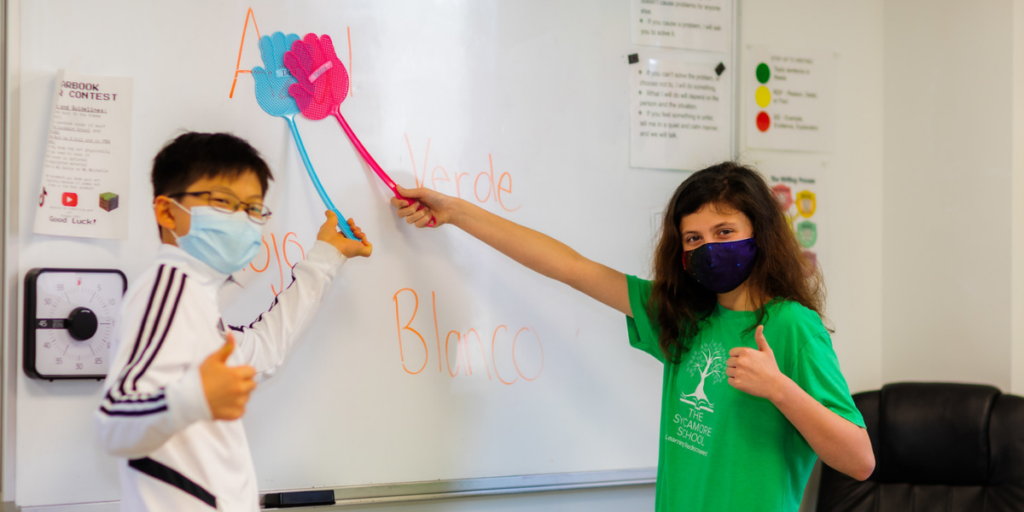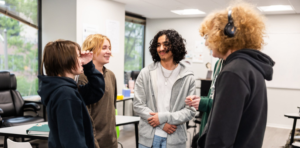Why Grading Erodes our Students’ Love of Learning

Our education system is getting derailed, and as parents, we are unwittingly becoming part of the problem. Somehow, we have lost what education and school are all about: learning.
We want our kids to love learning and thrive in school. However, as a culture, we’ve become obsessed with achievement and accolades. Grades serve as academic cliff notes, becoming an easy and frankly inaccurate measure of how well our students are learning. What grades really measure is how well our students follow the rules. Our kids are smart and have figured out that good grades lead to praise and attention, which become their goal. So, they figure out how to maximize their time to get the best grades. Sadly, learning is not prioritized.
Linda Flanagan writes about the pitfalls of grades in her article The Emotional Weight of Being Graded, for Better or Worse by Linda Flanagan, Mindshift 2016. She makes several salient points, such as students figure out how to work for a grade versus to learn for understanding or mastery. Grades can actually lessen a student’s intrinsic motivation and/or interest in a topic or learning. With grades, the focus becomes the assessment and not the subject or content. So, kids start to care more about what they got on a test or paper versus whether they actually understood or learned the content.
We need to shift the focus back to learning and away from grades. We want students to be interested in what they are studying and read, research, and explore topics because they want to learn. It’s about embracing the process.
At The Sycamore School, we’re trying to reignite our students’ love of learning. We teach them that struggle can be productive and perseverance is rewarded. We get rid of all the busy work and focus on actively engaging students in their learning.
We don’t assign grades or have tests. Instead, students write persuasive essays, engage in Socratic seminars, conduct stream studies, and dissect owl pellets. They regularly go into the community in order to connect what they are studying to the real world. They discover that learning is messy and not linear and that it can be fun.
Instead of giving tests, any work students produce is either a formative or summative assessment. Formative assessments evaluate how students are learning during an activity or project and summative assessments evaluate how much a student has learned at the end of a unit or project. We don’t need to create tests or quizzes to evaluate where students are, we just look at their work.
We also teach students to embrace and learn from feedback. Being able to understand and use feedback to improve your work is an invaluable life skill. We also regularly practice reflection where, after an activity, field trip, or report, students think about what went well, what didn’t go well, and what they could do differently going forward. They also summarize what the purpose or takeaway was, from a particular assignment or experience.
We focus on skills and teaching students how to think and how to learn. We focus on developing mastery of skills; skills such as critical thinking, problem-solving, flexibility thinking, time management, perspective-taking, and creativity. We can’t predict what the world is going to look like next year or ten years from now. However, we can help our youth develop the necessary skills to navigate whatever comes next and to think for themselves and learn…for themselves.
Posted in:

